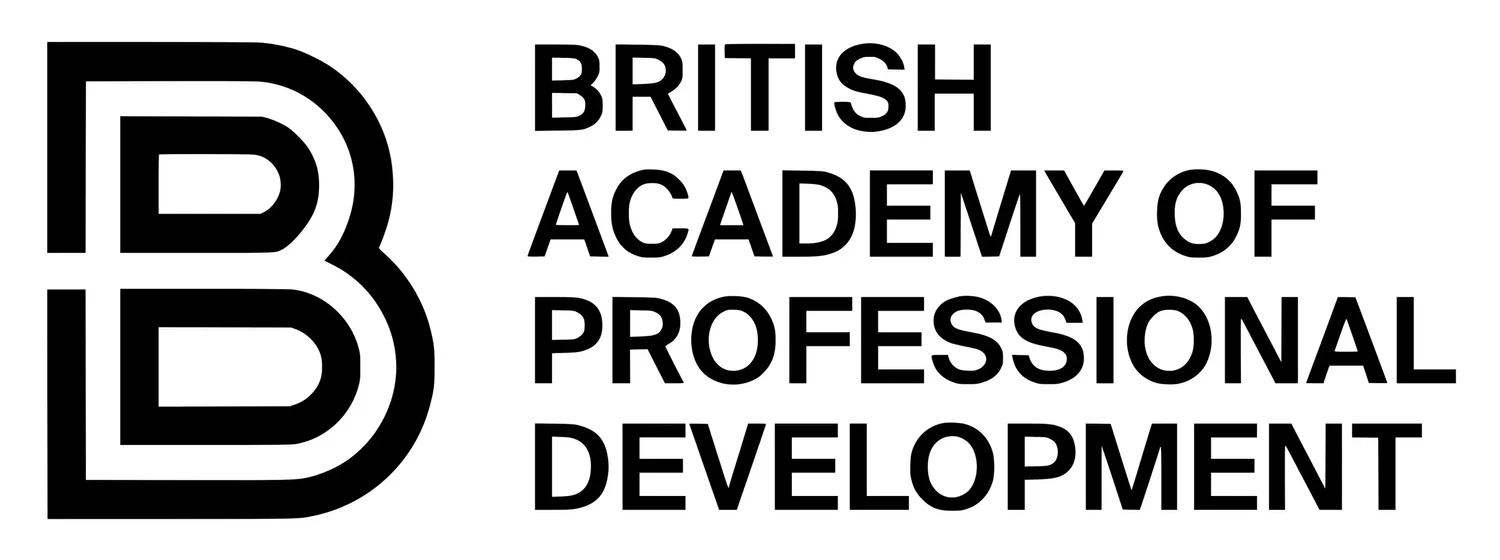Legionella Monitoring, Management and Control
Protect water systems with confidence—understand, evaluate, and act on legionella risk.
This comprehensive 5-day programme equips health, safety, and engineering professionals with the skills to design, implement, and oversee effective legionella control in complex water systems. Through expert instruction, practical sampling workshops, and simulated system assessments, you’ll develop a robust framework for ensuring safety and regulatory compliance.
Why this course is important
Public health responsibility: Legionella outbreaks in water systems can have serious consequences—effective monitoring and control are essential to protect people and reputation.
Regulatory compliance: Environmental and health regulations require systematic risk assessment, sampling, and documentation—this course ensures you meet these standards.
Operational resilience: Proactive water management reduces downtime, prevents contamination, and maintains continuous operations in critical facilities.
Who should attend
Health & Safety and Facilities Managers overseeing water systems in hospitality, healthcare, or industrial facilities
Building services and mechanical engineers responsible for HVAC, cooling towers, and water distribution
Environmental risk assessors and compliance officers in manufacturing, energy, and large infrastructure
Consultants, auditors, and laboratory leads conducting legionella risk assessments, testing plans, and remediation guidance
What you will learn
Over five days, you will:
Understand legionella biology – Recognise growth conditions, infection risk, and environmental factors
Master risk assessment frameworks – Identify hazards in water systems and rank risks systematically
Design sampling & monitoring protocols – Determine sampling points, methods, and frequencies for accurate surveillance
Interpret lab results – Analyse water test data, interpret microbial counts, and identify abnormal findings
Implement control strategies – Learn how to apply temperature, chemical disinfection, flushing, and maintenance techniques
Develop maintenance schedules – Plan and document regular inspections, cleaning, and system flushing
Ensure compliance documentation – Produce structured risk assessments, control plans, and audit-ready records
Apply real-world scenarios – Work through simulated outbreaks, remediation plans, and stakeholder engagement
What participants say
Nadia, Facilities Manager – Hospitality
(5/5)
“This was a really good course. I learned effective ways to select sampling locations and interpret test results. I found the control strategy workshops invaluable and enjoyed the mock audit scenario. I’ll now overhaul our facility’s water safety plan using the templates provided.”
Grace, Compliance Lead – Manufacturing
(5/5)
“The instructor knew everything about legionella. I learned how to structure a full risk assessment and schedule controls effectively. The documentation and audit role-play were especially useful. I plan to implement a new monitoring regime across our sites.”
Ali, Mechanical Engineer – Healthcare Services
(5/5)
“Probably the most useful course I have ever been on. The biology and disinfection modules taught me the science behind legionella control. I particularly enjoyed learning about chemical dosing methods and will use these in our hospital cooling tower maintenance plan.”

